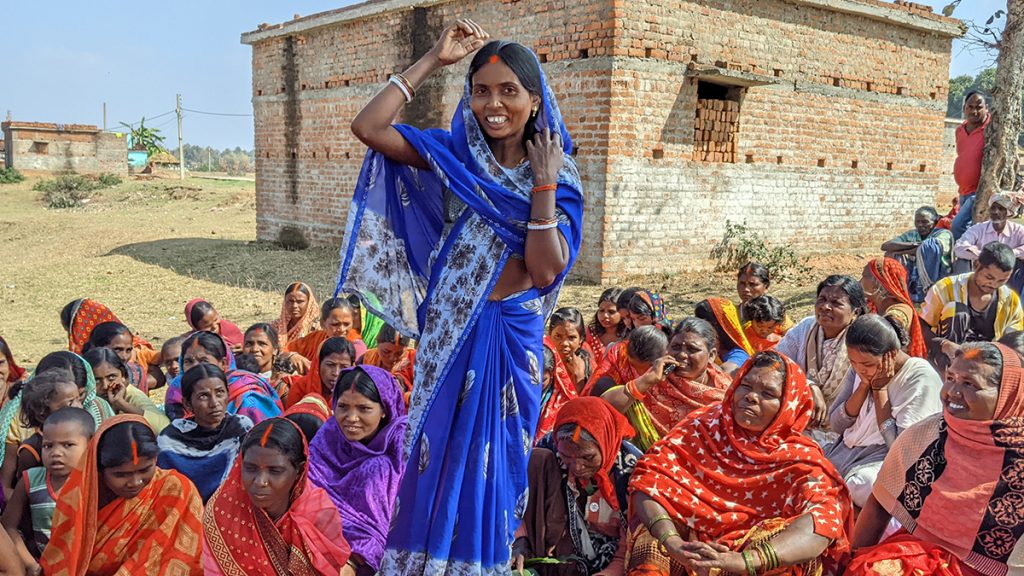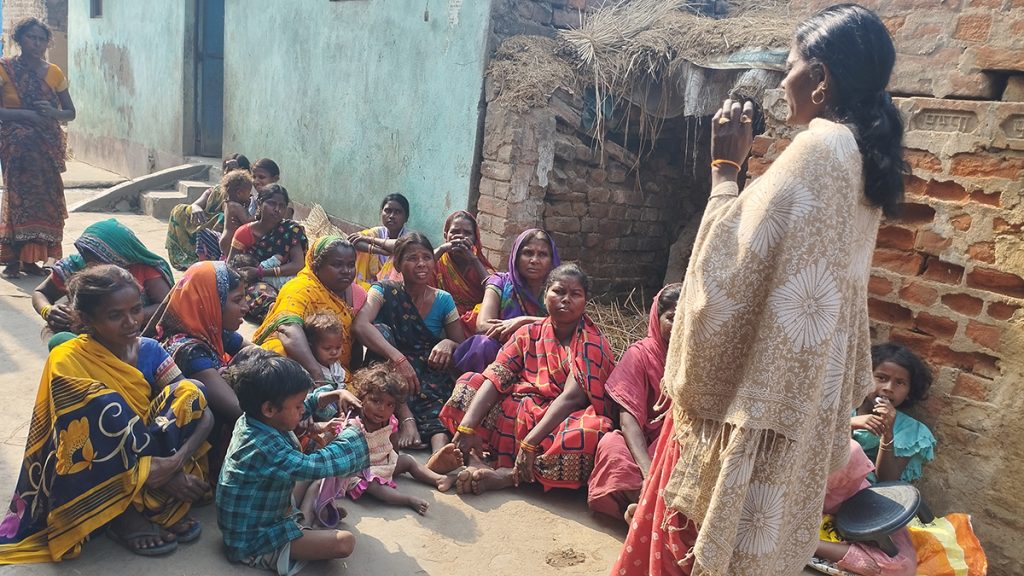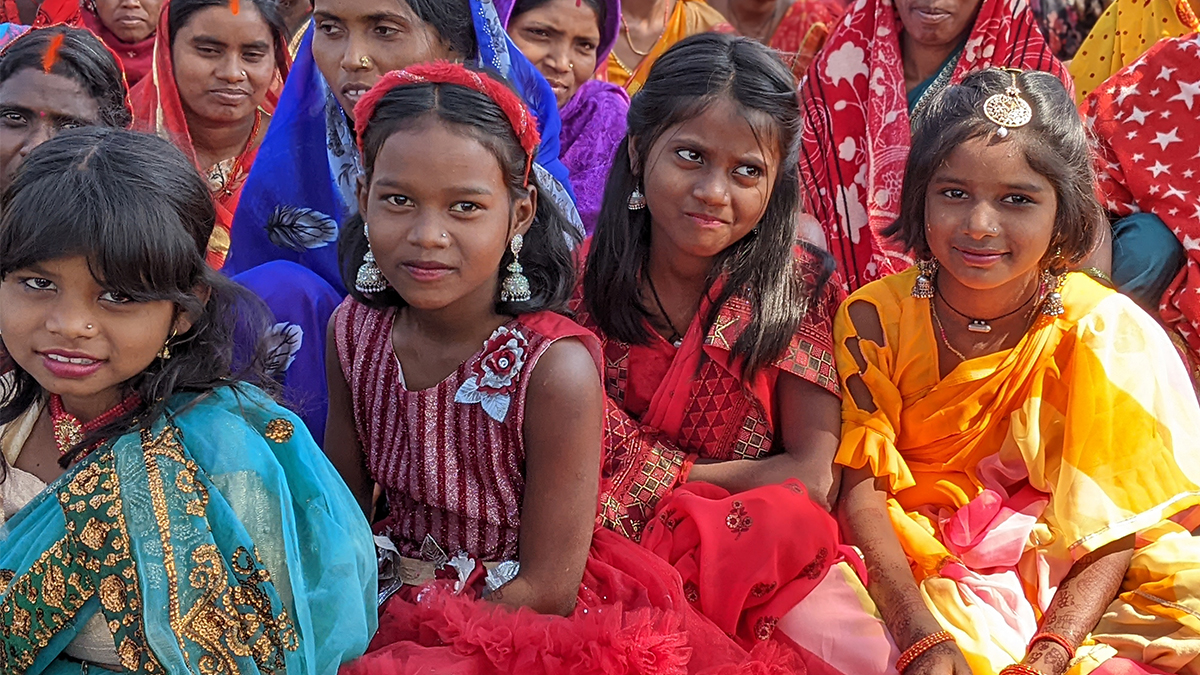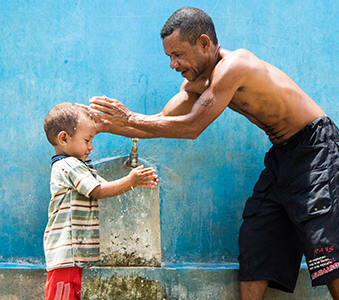The Lok Manch program ensures social protection and builds climate-resilient communities in India.
People living across coastal communities in India are heavily dependent on the natural environment around them, such as forests and oceans, for livelihoods in fishing and agriculture.
The effects of climate change continue to threaten the crucial ecological system and communities are determined to take action for better protection and management of coastal ecology—before it’s too late.
But these communities have been pushed to the margins and excluded from society. This ongoing discrimination has caused deep-set vulnerabilities for families who find themselves unable to access the resources they need to survive, including food supplies, housing, education, and healthcare.

Our local partner, Jesuit Research and Development Society, is working alongside a number of coastal communities in India through the Lok Manch project. The focus is to empower community leaders—both men and women—to act as changemakers.
The project team has helped over 302,000 people to know their rights around government schemes and entitlements, so communities don’t miss out on accessing the support they need.
The project is also raising awareness about climate-induced vulnerabilities and guiding communities on practical steps to become climate-resilient, such as learning eco-friendly fishing practices. Strengthening the capacity of leaders in this way is setting communities up for long-term sustainability.
“Resource poverty and lack of awareness is causing vulnerable communities and people at the margins to face immense issues in realising even their constitutionally guaranteed rights and entitlements.”
Dr. Anthony Dias SJ, Jesuit Research and Development Society
Jesuit Mission supporters are helping to fund the training of women and men to lead their communities out of the cycle of disadvantage. With their new skills and knowledge, leaders will be in a position to identify their community’s own needs and engage with government departments to ensure these needs are met. Building up strong leaders now will pave the way for future leaders and resilient, thriving communities.
Community leaders can be empowered to end the social discrimination their people have faced for generations. They can receive tailored training to enhance their access to entitlements and influence policymakers by building constructive relationships with all levels of government.
Jitni’s Story
For Jitni and her community, the program has been life-changing.
A 50-year-old mother of two, Jitni has long rebelled against discrimination. However, it wasn’t until she enrolled in the Lok Manch program that she was able to build her skills as a Dalit leader and develop strategies to bring equality and resilience to her community.

“We learnt about human rights and dignity, and the ability to stand against the odds”
Jitni (standing right) speaking with her community
“Before we met the staff of Lok Manch, we had a lot of problems,” Jitni says. “We didn’t know about our socio-economic entitlements and human rights.”
That changed with the Lok Manch project. “We learnt about human rights and dignity, and the ability to stand against the odds,” she says.
Leading with enthusiasm and skill, Jitni is now a Ward Member in the local government, fearlessly rewriting the narrative of oppression for her people. She’s working to ensure her community receives just access to entitlements including free housing, water connections, ration cards, pension programs and other government schemes.
Redressing institutionalised injustice will take time, but thanks to the generosity of our Jesuit Mission family, change is underway.


